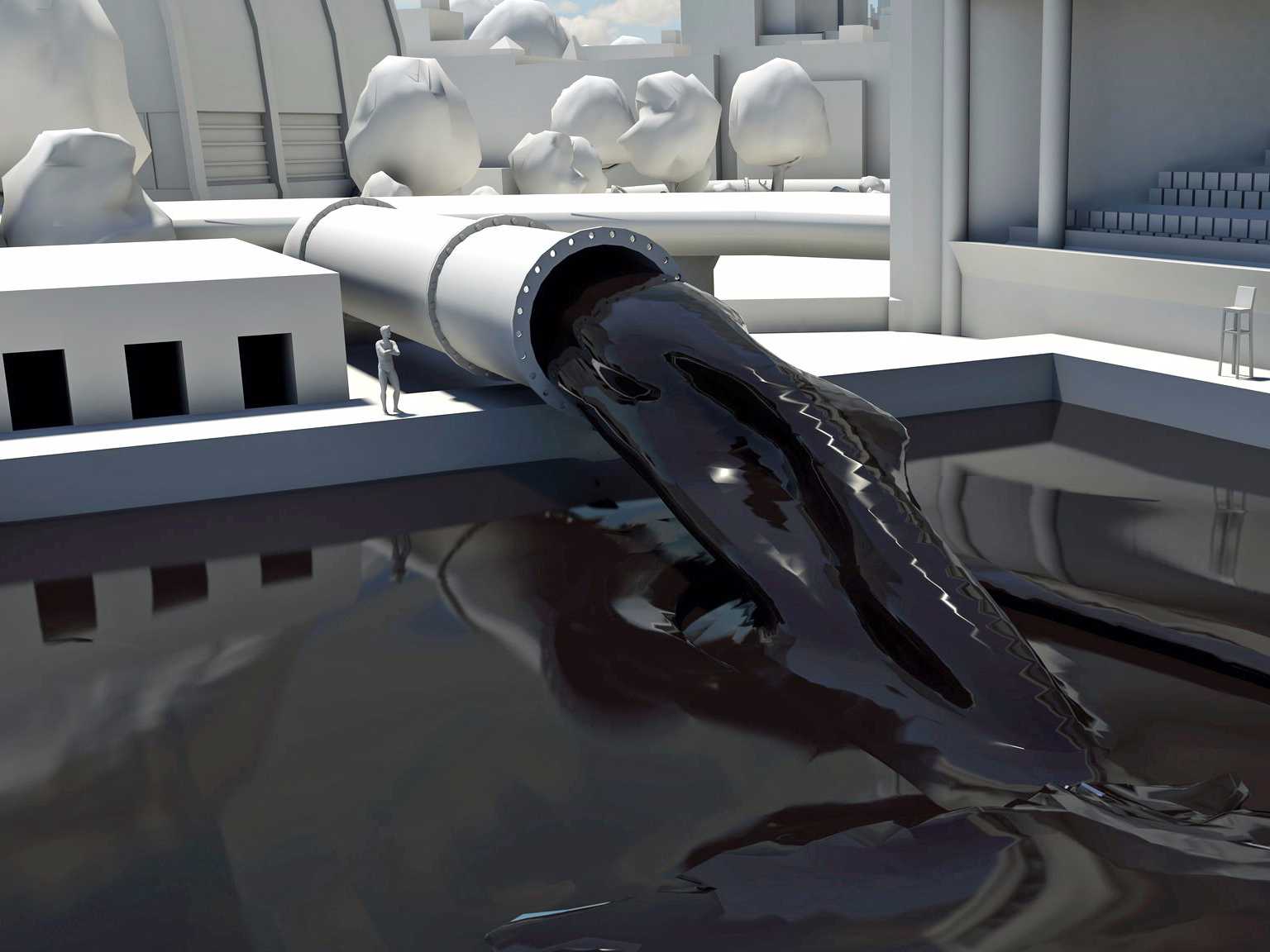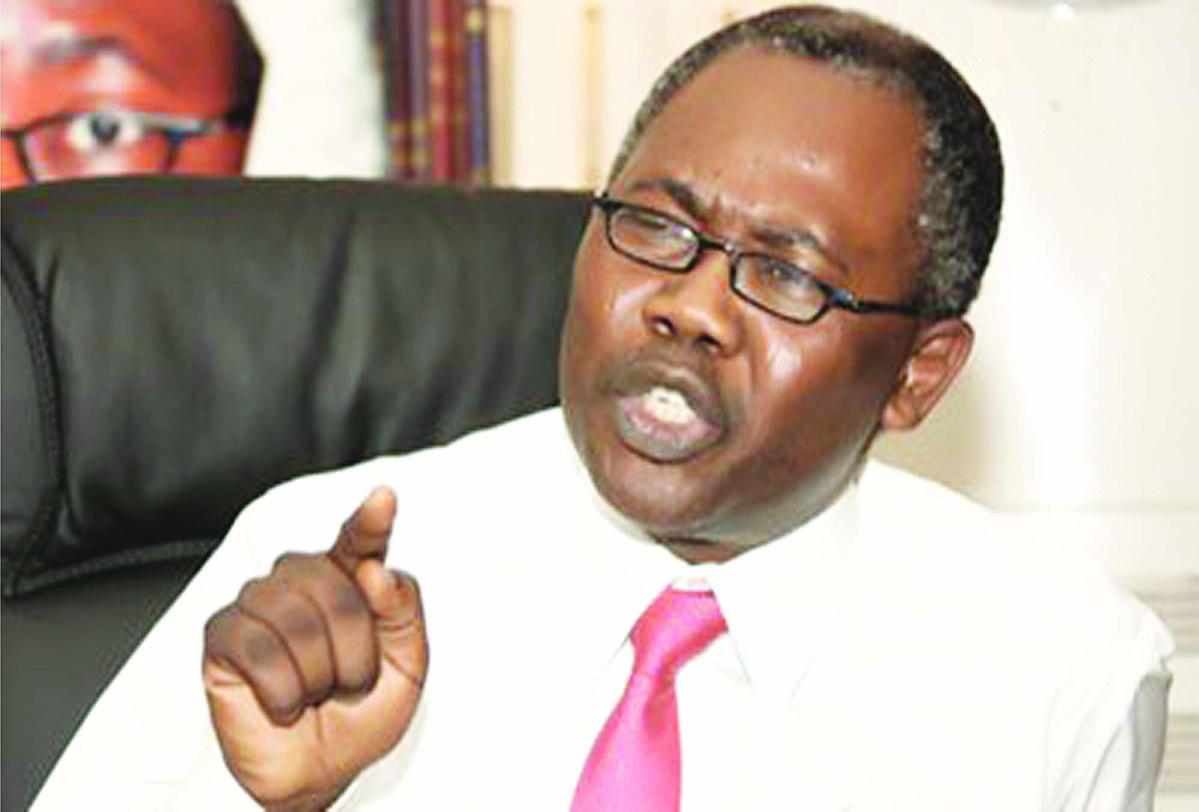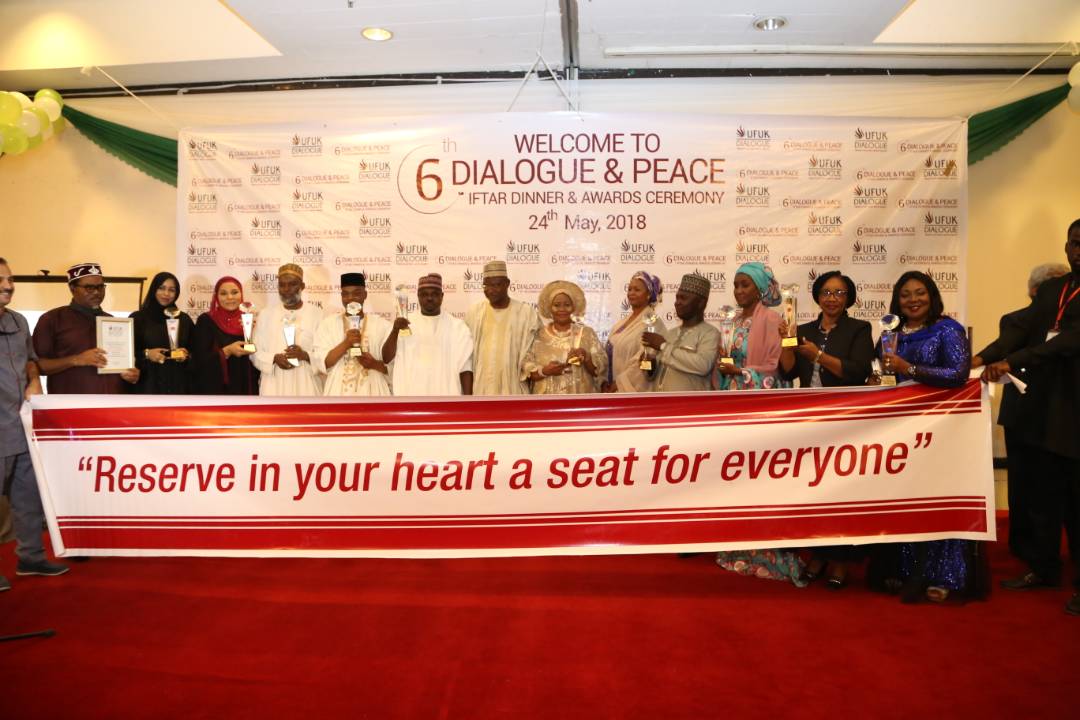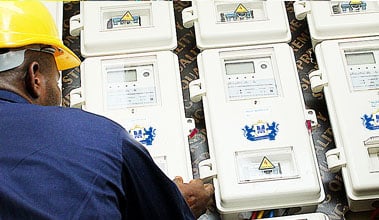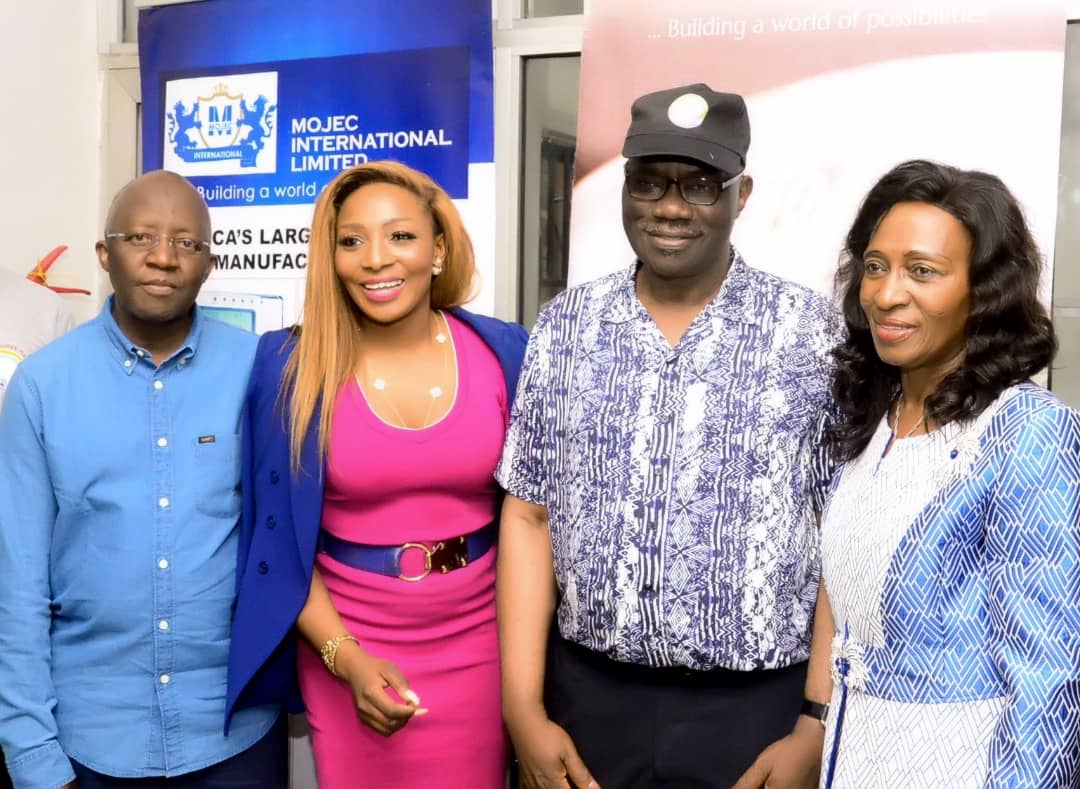There is a lot going on today in oil mining lease (OML) 30, Nigeria’s second largest onshore Oil & Gas asset, located in the Niger Delta, about 35km East of Warri.
Covering 1,095sqkm, comprising 11 fields, 9 flow stations, the Ughelli tank farm (UPS), the Trans Forcados Pipeline (TFP), and with reserves estimated at about 1 billion barrels of oil, OML30 is a critical source of oil revenues for the Federal Government, the Delta State, 110 Host Communities and other asset owners around the region. It is, as some say, the jewel in the crown of Nigeria’s onshore petroleum assets.
So, it is curious that in the last two weeks there has been mass unrest in OML30, including shut-downof some flow stations and frequent disruptions at others. This situation is a far cry from the relative peace, general goodwill and uninterrupted operations enjoyed in OML30 in the last one year.
Further investigation reveals that a recent change in the management and operations of the OML30 was the trigger for the unrest because the Communities and their Leadership do not believe this change is a positive one for the OML30 and its communities. They have thus unleashed their displeasure with a long list of demands.
It is noteworthy that for 15 months prior to March 2017, OML30 recorded zero production and in the same period, the Trans Forcados Pipeline (TFP), the major trunk line in the Forcados Pipeline System with export capacity of 400,000 barrels per day and second largest network in the Niger Delta after the Bonny Oil Pipeline System, had been down due to incessant vandalism, bunkering and bombings by various militant groups. OML30 communities had essentially lost trust and confidence in the Operators.
At the heart of the Community’s angst is a quiet success story of an erstwhile unknown and relatively young Nigerian company called Salvic Petroleum Resources Limited (“SALVIC”). Between March 2017 and April 2018, SALVIC was the 3rd party Operator of OML30 on behalf of the official (name-plate) Operator, a company called Heritage Energy Operational Services Ltd (HEOSL). Amongst the list of grievances outlined by the Communities is that SALVIC has performed very well in OML30, taking production from zero to 75,000 barrels per day (bpd), rehabilitating the TFP in record time and sustaining an uptime of over 86% in the 12 months of operations between March 2017 to April 2018. SALVIC also restored good relationships with the Communities and recorded no major security or environmental issue during the same period. The Communities and their Leadership therefore see no justification to replace SALVIC with foreign operators who do not understand the local environment and the stakeholders.
WHO IS SALVIC?
There is not much to find publicly about the relatively young SALVIC because it has been acting in the last one year on behalf of a 3rd party. Founded in 2015, SALVIC is a new breed Exploration & Production (E&P) company in Nigeria’s Oil and Gas industry. The company has strategically differentiated itself as an E&P company with a Service orientation, focused on providing the full range of value chain E&P services as 3rd party Operators to asset owners rather than owning equity in assets. Company information indicates that SALVIC’s unique selling points are execution excellence, cost control, operational efficiencies and optimising existing infrastructure to extract value, even from challenging and mature assets, to deliver superior value to stakeholders.
In 2017, OML30 presented a perfect opportunity for SALVIC to demonstrate its novel approach and capabilities. Between March 2017 and April 2018, under a Technical Services Agreement (TSA), SALVIC acted on behalf of the name-plate Operator of OML30, Heritage Energy Operational Services Limited (HEOSL), handling all aspects of Operations and Crude Oil Production, including Technical Support Services, Security, Operation & Management (O&M), Community Relations & other Stakeholder Management, Corporate Social Responsibility (CSR) and management of the 87km Trans Forcados Pipeline (TFP).
Embedded in SALVIC’s Mandate Agreement with HEOSL were steep performance targets for production and a penalty of USD25million if such targets were missed. Considering the 15 months foregoing conditions in the OML30 prior to March 2017, it was a daunting challenge for any Operator, let alone a young new company in a complex business construct.
SALVIC & THE OML30 SUCCESS STORY
Undaunted by the foregoing, SALVIC took on the challenge of turning around the fortunes of OML30. The company assembled some of the best Nigerian hands in the Oil & Gas space, both locally and internationally, to set the company on its journey to turn around erstwhile inactive OML30 and rehabilitate the Trans Forcados Pipeline which is a major evacuation line for many oil producers in the region.
Success in OML30 would prove SALVIC’s novel business model and provide a valuable template to apply to future portfolio of opportunities. In any case, they had to succeed or pay the USD25million penalty!
Fearless in the face of the many extant and looming challenges, the SALVIC Team hit the ground running, and the young company would go on to achieve some incredible successes which drew commendations from industry experts, the Communities and stakeholders, as well as the Federal Government and the Delta State government.
Below are the verifiable successes that Salvic achieved in OML30 on behalf of HEOSL and the JV Partners:
1. Rehabilitation of the TFP and Sustaining 86% Uptime
On commencement, SALVIC quickly recognised that restoring the TFP was pivotal to any chances of achieving the stretch production targets that had been set. With approval of the JV Partners, SALVIC contracted affiliate O&M company, Abbeycourt Energy Services Ltd, and a security firm Eraskorp, all working collaboratively to provide 24-hour operations and maintenance, and both overt and covert surveillance and security for equipment and facilities, with the support of the JTF.
The TFP was restored in record time of less than 3 months and subsequently sustained uptime of over 86% throughout the year. SALVIC’s strategy of engaging grassroots community as surveillance contractors also minimised security issues and nurtured long-term goodwill with community.
2. Oil Production from Zero to 75,000 bpd
With the Forcados Pipeline restored, the company successfully ramped up OML30 production from zero in April 2017 to 75,000 barrels per day (bpd) by end December 2017. This was achieved without drilling any new wells, just a robust work programme of creative and innovative solutions that optimised production and unlocked value from old legacy infrastructure and equipment.
These feats were instrumental in improving revenue generation for the Federal Government, the Delta State, all injectors into the Forcados Pipeline and other asset owners in the western Niger Delta. The sustained uptime on the trunk line also enhanced Gas production into the domestic market for power generation by the continuous support of OML34 condensate evacuation.
3. Peaceful Community Relations & Stakeholder Management
Host communities are always amongst the most critical stakeholders. Despite the unrest and anxieties met on ground, SALVIC’s guiding principle was to proactively engage the 110 Host Communities, through their leadership – President Generals and Traditional Rulers, Youths and other influencers, in regular dialogue, to nurture peaceful co-existence and ensure that any emerging issues were addressed before they crystalise into crises. Real Employment of Community people was a real issue. SALVIC changed the practice of treating community workers as cash-based casual labour by converting them to full time permanent employees with full benefits.
SALVIC made timely Freedom to Operate (FTO) payments to ensure unhindered access to all work locations.
The Communities relied on the 2017 Global Memorandum of Understanding (GMOU) Fund to carry out community development projects and the fund was paid in full.
Beyond the GMOU, SALVIC developed a robust CSR program for 2018 which was approved by the JV partners and awaiting deployment before the recent termination of its contract with HEOSL.
As at December 2017, 55 Quick Win projects and 93 GMOU projects had been awarded, and by first quarter 2018, up to 40 waiver projects, 16 GMOU projects and 18 Quick-Win projects were ready for Commissioning.
4. No Major Health, Safety, Security & Environment (HSSE) Incident
SALVIC had a robust Health, Safety, Security, Environment and Quality policy in place throughout all aspects of operations. The guiding principle was that the safety of both personnel and equipment is paramount. Thus, HSSE incidents were kept to a minimum.
In February 2018, the company achieved a total of over 1.1 million Loss Time Injury–Free Man-hours, which is a rare feat in view of the size of the OML30 asset and the operations.
Undoubtedly, the SALVIC and OML30 success story is one of defying all the odds. By their achievements in OML30, the SALVIC Team has gained a name as Turn-Around experts in handling and extracting value from challenging and complex assets. The team met and exceeded near impossible targets and demonstrated that excellence does not come from the age of a company but from the resilience of innovative, intelligent people who are empowered and focused on results.
Some of the people behind the Salvic Success in OML30:
- CEO, Salvic – Ikemefuna Okafor
- ED, Operations – Ebenezer Ajayi
- OML30 Asset Manager – Theophilus Ekiyor-Katimi
- CEO, Abbeycourt – Gabriel Oramasionwu
- Director, Corporate Affairs (incl. Government & Community Relations) – Celine Loader
- Manager, Government & Community Relations – Fufeyin Funkakpo
- GM, HSSE – Uchechi Nwankwo
- Manager, Security – Okey Ekeocha
- CEO, Eraskorp – Maxwell Okoh
- Director, Strategy & Planning – Boma Brown
Add a comment
